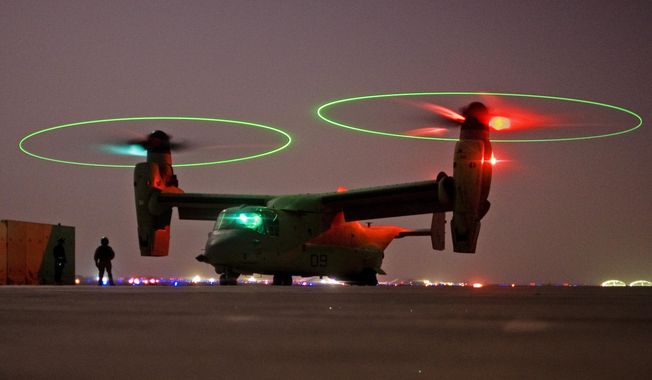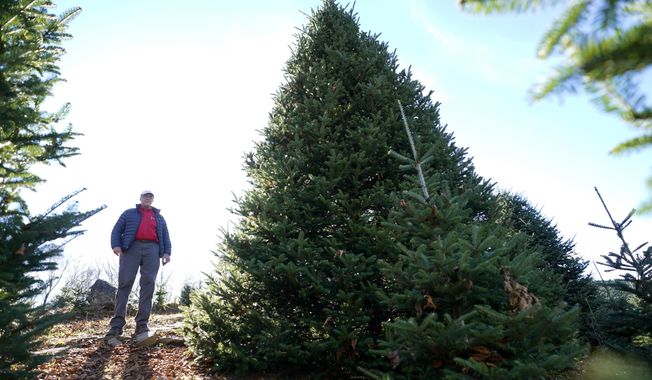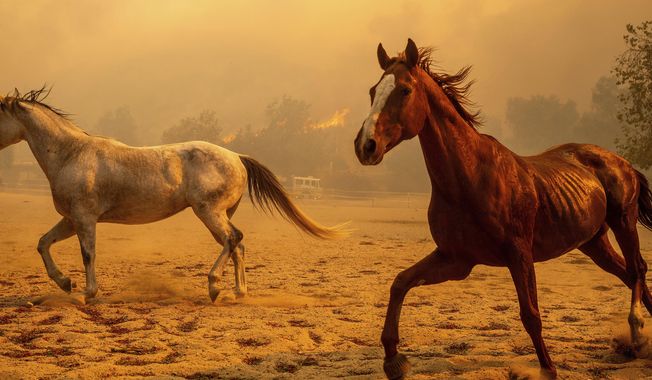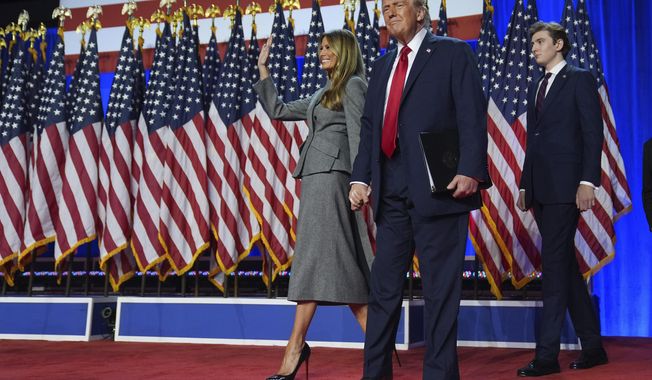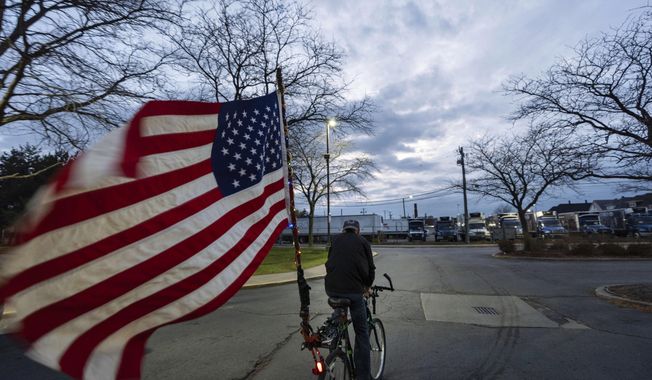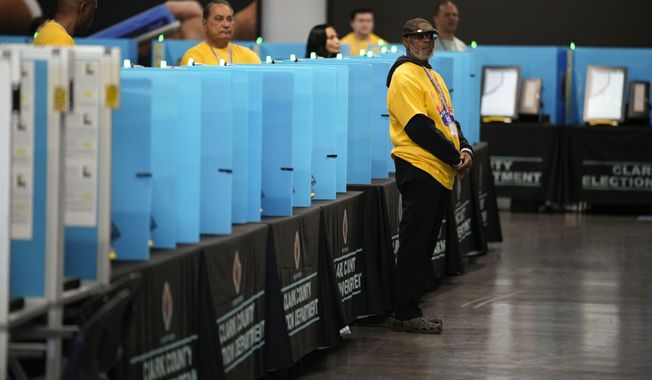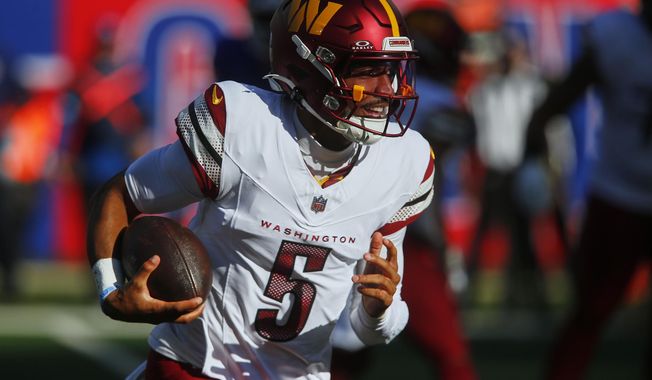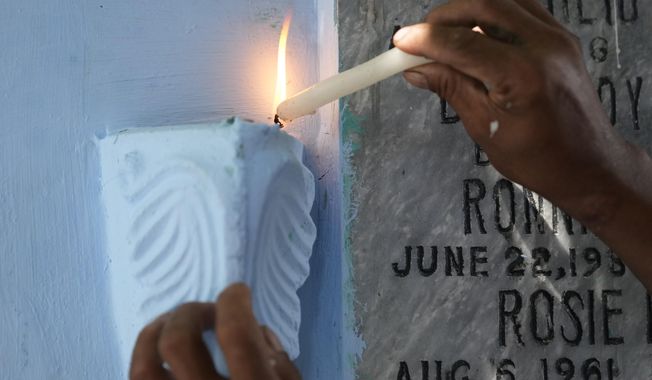
Solar Impulse's team chief Bertrand Piccard, left, and Solar Impulse's Chief Executive Officer and pilot Andre Borschberg celebrate after successfully landing the solar-powered HB-SIA prototype airplane after its first successful night flight attempt at Payerne airport, Switzerland, on Thursday, July 8, 2010. The aircraft took off July 7 at 06:51 a.m. and reached an altitude of 28,543 feet by the end of the day. It then slowly descent to 4,921 feet and flew during the night on the batteries, charged during the day by 12,000 solar cells, which powered the four electric motors. It landed July 8 at 09.00 a.m. for a flight time of 26 hours 9 minutes setting the longest and highest flight ever made by a solar plane. (AP Photo/Keystone, Dominic Favre, Pool)
Featured Photo Galleries
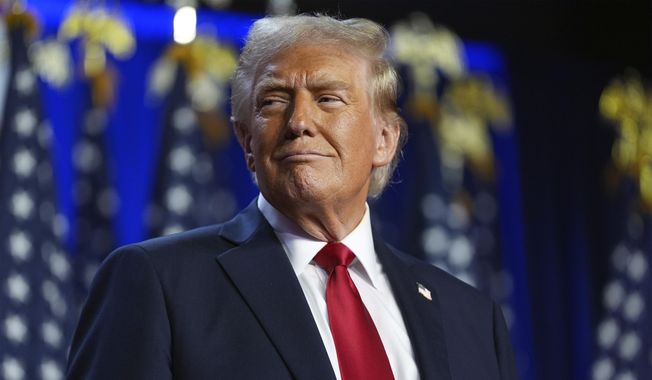
Trump Transition: Here are the people Trump has picked for key positions so far
President-elect Donald Trump has announced a flurry of picks for his incoming administration. Get full coverage of the Trump transition from The Washingon Times.
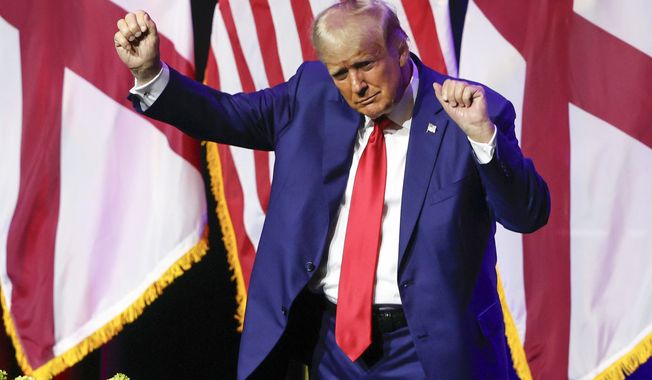
Trump dances onstage, takes post-election nation by storm
President-elect Trump dances onstage
